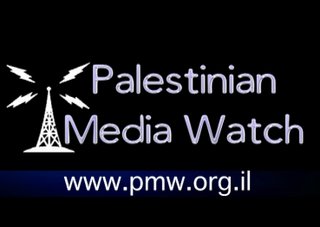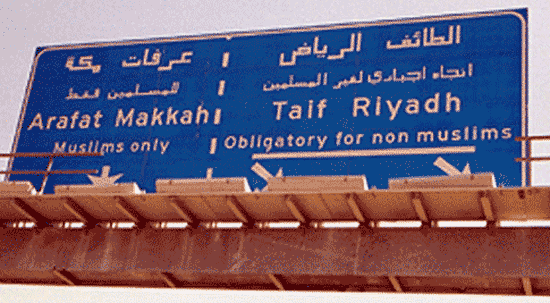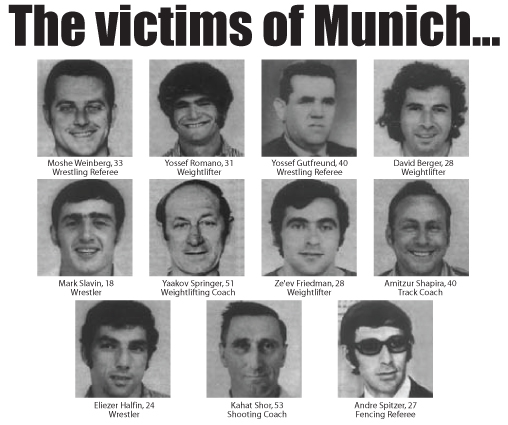ISLAMIC LOBBY 'MPAC' THE BULLY, Muslims bully Muslims over selling Israeli produce
[ISLAMIC LOBBY 'MPAC' THE BULLY]Muslims bully Muslims over selling Israeli produce
12/10/2007
By Rachel Fletcher
A campaign by the Muslim Public Affairs Committee (MPAC) to bully Muslim shop-owners not to sell Israeli produce “verges on antisemitism”, an interfaith activist said this week.
Richard Stone, founder and president of Muslim-Jewish dialogue group Alif-Aleph UK, said the tactics by MPAC, which calls on its website for pressure against shops that carry Israeli stock, were “not constructive”.
The lobby group’s campaign, timed to coincide with the holy month of Ramadan, includes calls to boycott Sabar Bros in Slough for stocking Israeli “blood” dates, giving the shop’s address and phone number.
Complaining that the shop “supports Israel”, the site urges: “Don’t be silent in the face of oppression — please phone them now and tell them you will boycott their shop unless they stop selling Israeli produce.”
MPAC’s website states: “The dates in your household which you may be using to break your fasts with, despite being from a Muslim-owned shop, may well be fuelling the Israeli economy.”
It said eight Muslim-owned businesses in Manchester had been visited. Six of them carried Israeli stock.
The campaigners complain that several businessmen — whose shops they did not name — had said they would continue to sell the Israeli products.
Mr Stone told the JC: “This sort of digging around to find the smallest possible bit of Israeli activity, anything that could possibly be criticised, verges in my view on antisemitism.
“This encourages people to be hostile to people who have sympathy for the Israeli position, in the same way I would not want Jewish people to promote hostility to Palestinians on the grounds of what a minority of Palestinian people do.
“A lot of anti-Israel stuff has tones which slip over into being antisemitic. There should be nothing political to divide Muslims and Jews in this country and importing the crisis is often found objectionable by Israelis and Palestinians here.”
Sabar Hussain, the owner of the Slough shop, Sabar Bros, said he was receiving four or five calls a day, pressuring him to stop selling Israeli produce.
He told the JC: “We are open for everyone, not just Muslims. Is it illegal to sell Israeli dates? There is demand for them.Everyone in Slough sells these dates, so why are they mentioning my name? If you don’t want to buy Israeli products, don’t buy them.”
Mr Hussain, who said he intended to contact his local MP, added: “Some callers say things like, ‘You are not Muslim, you’re supporting Israel.’ If people were polite I might consider what they are asking, but this makes me want to go on selling them.”
MPAC’s website claimed that the Appna Cash and Carry in Manchester had declined to put up their flyers for fear of offending, but had a policy of not knowingly selling Israeli dates.
Manager Naseer Ahmed said he had long refused to stock Israeli dates, but had never heard of MPAC or been approached by them.
“It is possible they spoke to someone on the shop floor,” he said, adding: “I have political reasons [for not carrying Israeli stock]. In the time of apartheid, I didn’t sell South African products.”
An MPAC spokesman told the JC: “Some people in the Muslim community have a village mentality. They can’t think ethically and are more profit-motivated.”
http://www.thejc.com/Home.aspx?ParentId=m11&AId=55936&ATypeId=1&secid=11&prev=true
Technorati - 'palestinian' terrorism 'palestinians' Israel IDF 'palestinian' Apartheid Zionism Anti Israel bigotry Islamic Apartheid War on terror Terror victims 'palestinian' propaganda jihad Genocide bombing Anti Israel bias Arab racism Jews IDF Anti Israel racism Islamofacsism Conflict Israel "Palestine" "Palestinians" Israelis Civilwar Arabs MuslimsJihad Terrorism Fatah non-Muslims Christians Hamas Gaza Terrorism Islamofascism Jerusalem Muslims Intimidation Islamic Lobby Anti Semitism MPAC PAC
Labels: anti Israel bigotry, Arab Lobby, intimidation, islamic lobby, Islamofascism, Israel, Lobby, mpac, Muslims, pac



































